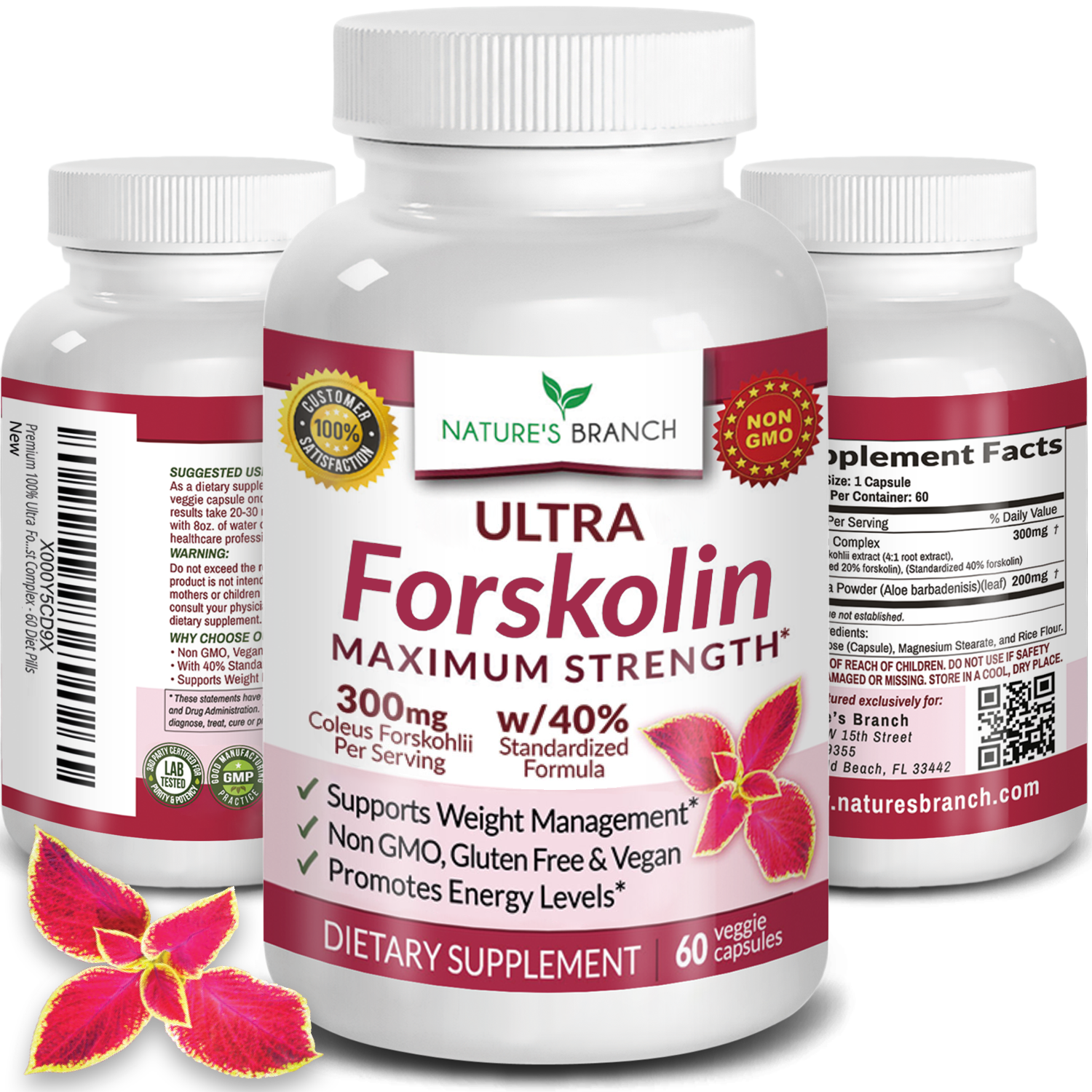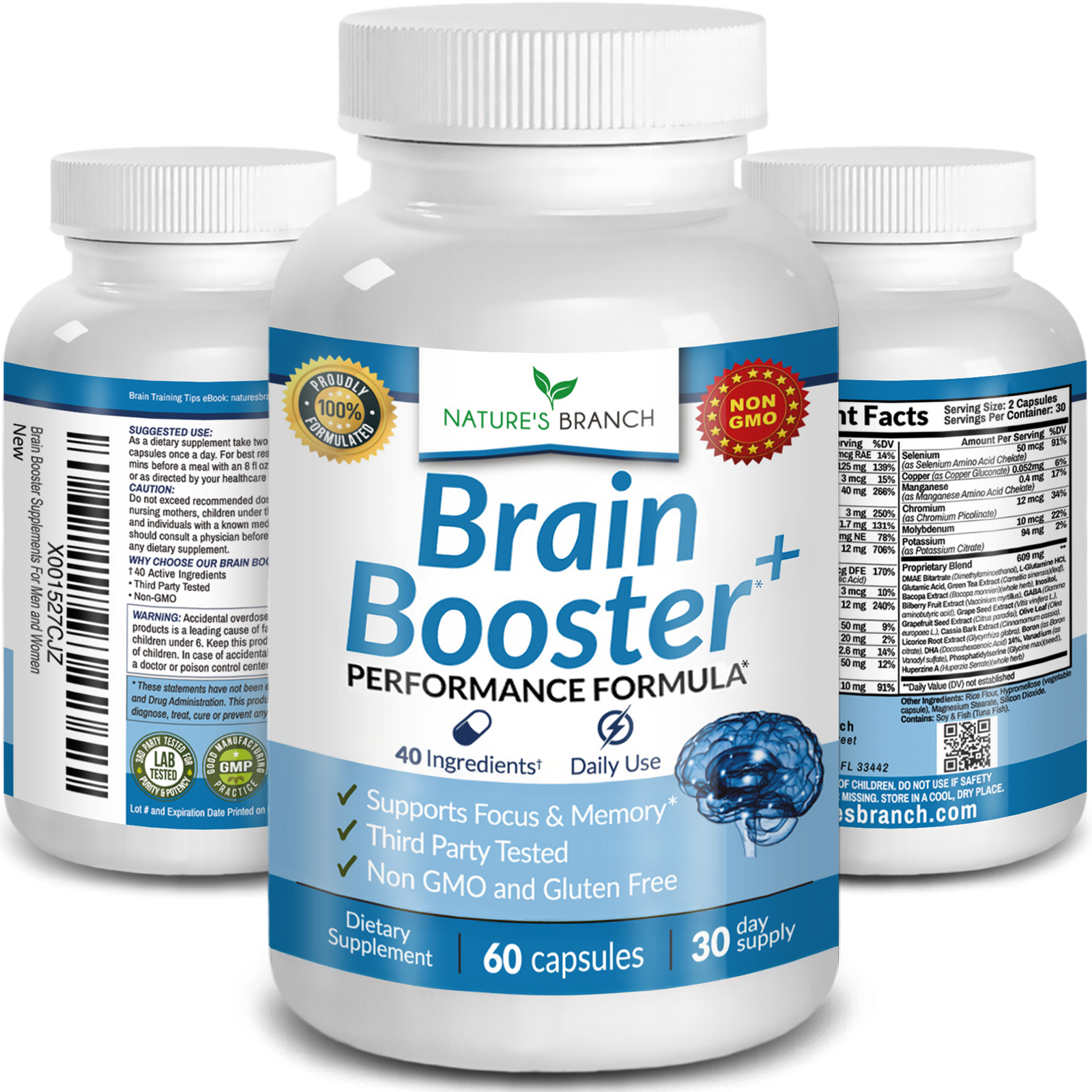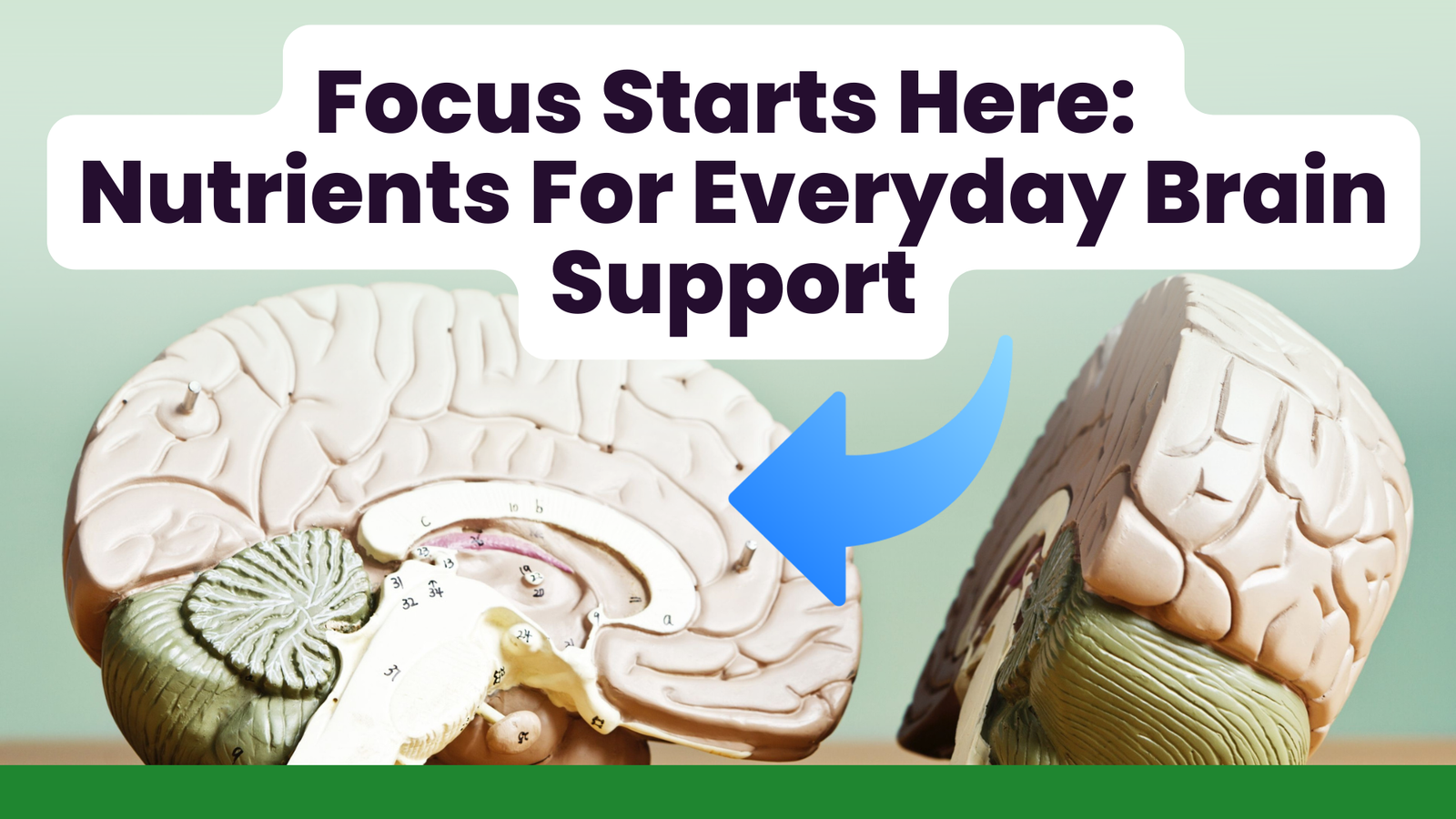Beep! Beep! Your alarm clock is ringing once again. It's wake up time! You're a little sluggish, but you have no choice but to get up and keep moving. You just remembered that you headed to bed late last night because the household chores needed doing and now you’ve reached the office, unsure if you'll get through the day without losing energy and performing at your best.
Sleep deprivation is an issue that is all too often ignored, yet frequently is the root cause of decreased productivity, accidents, incidents, and mistakes, which can cost companies billions of dollars each year.
A big chunk of employees across the globe are unaware of the impact of fatigue or sleep deprivation in their performance, more so, with their health and wellness. Sleep deprivation is much more unhealthy than you might realize.
Here are five significant effects of sleep deprivation on your work performance and daily living.
1. Decreased Communication – Normally when a person is tired, he or she becomes a poor communicator. Sleep deprivation may make people feel restless. As a result, they struggle to communicate effectively. You may have noticed that some sleep-deprived individuals drop the intensity of their voices; enunciate very poorly, or mumble instructions inaudibly. It may potentially make someone pause for long intervals without apparent reason, slur, run words together or mispronounce, and repeat themselves or lose their place in a logical sentence sequence. Our brain's focus is affected when we are sleep-deprived.
2. Distracted Mood and Behavior- When one lacks sleep, it may make them unaware of what's happening around them and uninterested in dealing with people throughout the day. Our mood and behavior are both profoundly affected. Frequently, you may feel irritated and agitated even with little things. Our mood may start swinging, and the feeling of restlessness overwhelms the whole body.
3. Driving Impairments- Lack of sleep may slow your reaction time, making it more dangerous when driving and partaking in other safety-related risks at work and home. One should have enough sleep, especially if you're driving in a traffic-prone area; otherwise, there is a possibility of dozing off while waiting for that green light.
4. Poor Cognitive Functions and Memory- It is averaged that around one in three American adults doesn’t get sufficient sleep regularly. The causes are many, but mainly due to poor sleeping habits, and shift work or job-related restrictions on rest. When you lack sleep, it's harder to focus and pay attention. Remembering things, connecting your thoughts, and implementing action plans may also be a struggle. As a result, your job performance at work may deteriorate.
5. Indecisiveness – Sleep is known to feed creativity, synthesize new ideas, and lead us to "AHA" moments. Research suggests that we need good sleep to feed our high-level, innovative thinking, and problem-solving abilities. As we sleep, the connections between brain cells are strengthened, our memories are reactivated, and information is transferred from short to long-term. We can become more forgetful and unable to decide effectively without enough and quality sleep. Some studies have even suggested that sleeping shortly after learning new information may help us retain and recall that information later.
Now that you know the potential adverse effects of sleep deprivation for you at work, how can you improve your sleep every day and, in turn, improve your performance in the workplace?
1. Consistent Wake-Up Time- It's best to select a "wake up time" that you can observe and follow every day, regardless if it's during the weekdays or weekends. For most people, this would mean selecting a time that would allow them to get to work or school during the week and then getting up at the same time on Saturday and Sunday. Once you have selected your wake time, consider whether it is feasible or not. Ideally, you would be able to sleep as much as you need to and wouldn't wake with an alarm clock, but to start, you can use one until you're ready to execute this habit without any technical help but your body clock instead.
2. Avoid Heavy or Large Meals within a couple of hours of bedtime- Many people do enjoy eating or drinking in a couple of hours before bedtime. However, studies have suggested that this may cause weight gain since our metabolism slows down when we fall asleep. This, therefore, may cause any undigested calories to be stored as fat. However, other studies have stated the opposite, where eating before bed is perfectly fine, and it may even enhance sleep or weight loss. A more reliable reason is that it may help reduce the times that you need to get up during your sleep hours to go back and forth from your bedroom to the bathroom. Many people experience not being able to go back to sleep after getting up to the bathroom.
3. Use the Hour Before Bed for a Quiet Time- It is suggested that one must avoid strenuous exercise and bright artificial light, such as from a mobile phone, television, or computer screen. The light coming from these gadgets may signal the brain that it's time to be awake. Quiet time is the key to falling asleep easier. If you're having challenges with the deafening silence, try playing soothing music in the background so you can feel more relaxed and comfortable with your bedroom's ambiance. With this timeframe, you'll be able to encourage your body to fall asleep, recharge, and get ready for another day.
4. Relaxation Techniques- Nothing beats a nice hot bath before heading up to bed. It's always good to remember that your body's ideal sleeping environment is cool, dark, and quiet, so do your best to lessen or eliminate noise and light from your room. Invest in comfy beds, mattresses, and pillows as well. You can also make time for a little free writing, or take a few moments to reflect on the issues you've encountered during the day or your goals and hopes for the next few days. You can also try a simple meditation practice. Many meditation guides are available for free online.
5. Take a Brain Booster Supplement- Many Americans take brain booster supplements to help support their cognitive functions, such as memory, focus, and clarity, as they sleep.
Nature's Branch Advanced Brain Booster+ is specifically formulated with nutrients to help promote cognitive health. Each of our nootropic bottles contains 60 capsules for a 2-month supply. Brain Booster+ includes over 40 different ingredients to assist with sleep management and relaxation. They may also help promote energy levels and mental alertness throughout the day. Proudly made in the United States and manufactured in an FDA-approved facility; they are third-party tested to ensure potency, quality, and safety.
P.S. As a free bonus, you’ll also receive a free ‘Brain Training’ eBook that is packed full of tips and strategies for brain improvement with every purchase.
So what are you waiting for? Find out more about Brain Booster+ today by clicking below:











Leave a comment (all fields required)